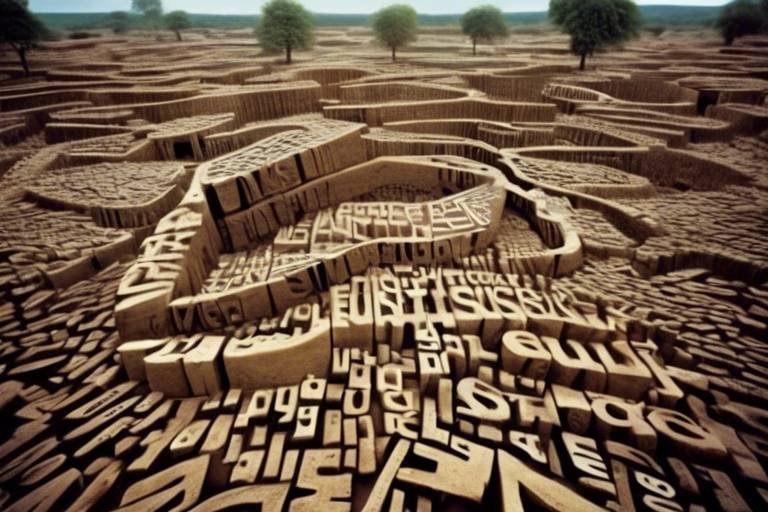The Importance of Archaeological Ethics in Preservation
Archaeological ethics play a pivotal role in the preservation of our shared cultural heritage, guiding the practices and decisions of archaeologists worldwide. These ethical principles serve as a moral compass, ensuring that archaeological endeavors are conducted with integrity, respect, and a deep sense of responsibility towards the past and future generations. By upholding ethical standards, archaeologists not only protect and safeguard archaeological sites and artifacts but also honor the diverse cultures and histories embedded within them.
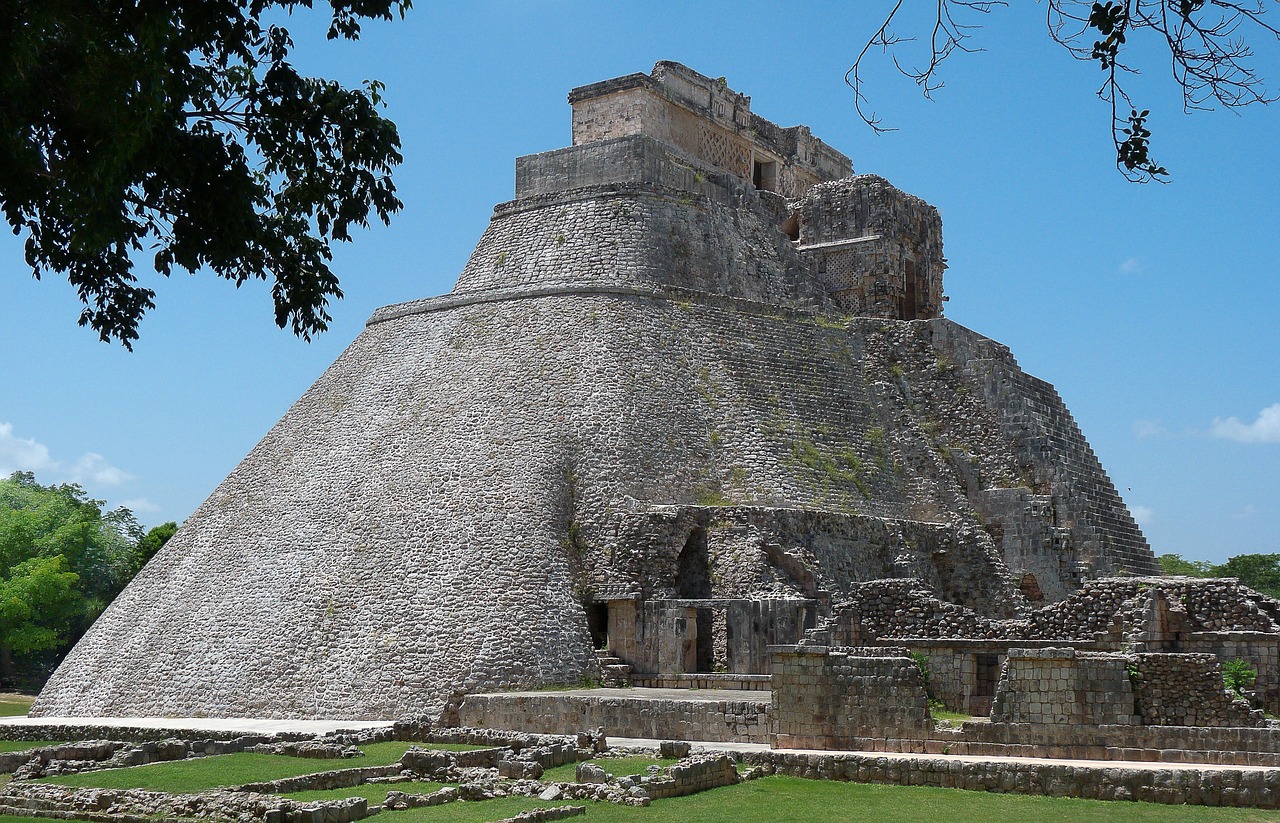
Understanding Archaeological Ethics
Understanding Archaeological Ethics involves delving into the core principles and guidelines that govern ethical practices within the field of archaeology. It is not merely about excavating artifacts or uncovering ancient sites; it is about doing so with integrity, respect, and a deep sense of responsibility towards preserving our shared cultural heritage for present and future generations.
Archaeological ethics revolve around the idea that every artifact, every site, and every piece of history has a story to tell, and it is our duty as archaeologists to ensure that these stories are preserved authentically and ethically. This means approaching archaeological work with a mindset that prioritizes accuracy, honesty, and sensitivity to the cultural significance of the materials we uncover.
One of the fundamental aspects of archaeological ethics is the recognition that cultural heritage belongs not just to the archaeologists or the institutions studying it, but to the communities from which it originates. This understanding emphasizes the importance of engaging with local communities, respecting their knowledge and perspectives, and involving them in decision-making processes regarding archaeological projects that may impact their heritage.
Moreover, archaeological ethics extend beyond the physical preservation of artifacts and sites; they also encompass issues of repatriation and indigenous rights. It is essential to consider the ethical implications of returning cultural objects to their places of origin, acknowledging the rights of indigenous communities to control their own heritage and narratives.
By upholding ethical standards in archaeology, we not only honor the past but also pave the way for a more inclusive and respectful approach to studying and preserving cultural heritage. Understanding and practicing archaeological ethics is not just a professional obligation; it is a moral imperative that shapes the way we interact with the past and the present.
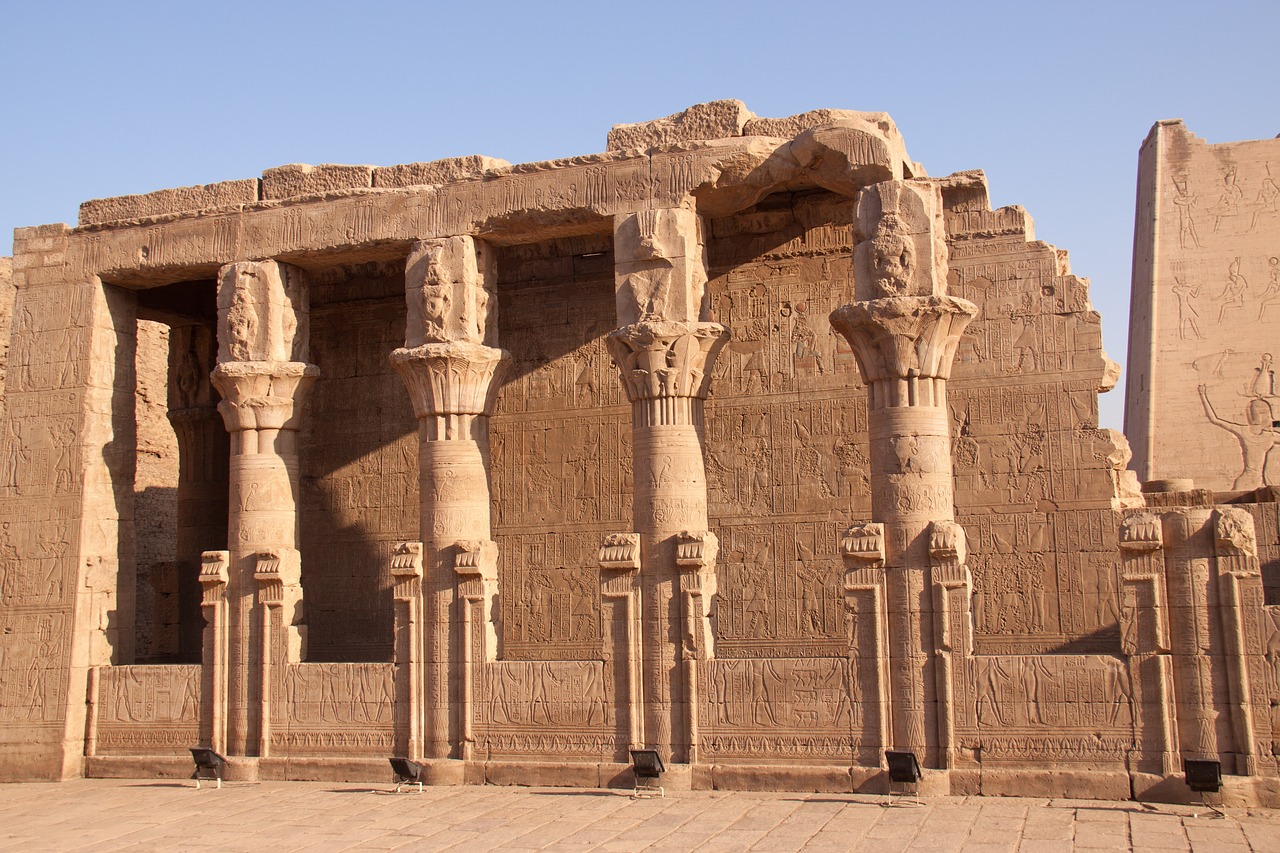
Preservation of Cultural Heritage
Preservation of cultural heritage is a paramount responsibility that transcends generations, safeguarding the treasures of the past for the enrichment of the future. The significance of maintaining archaeological sites and artifacts lies not only in their historical value but also in the profound insights they offer into the diverse cultures that have shaped our world. By upholding ethical standards in conservation efforts, we ensure that these invaluable remnants of human history are protected with the utmost care and respect.
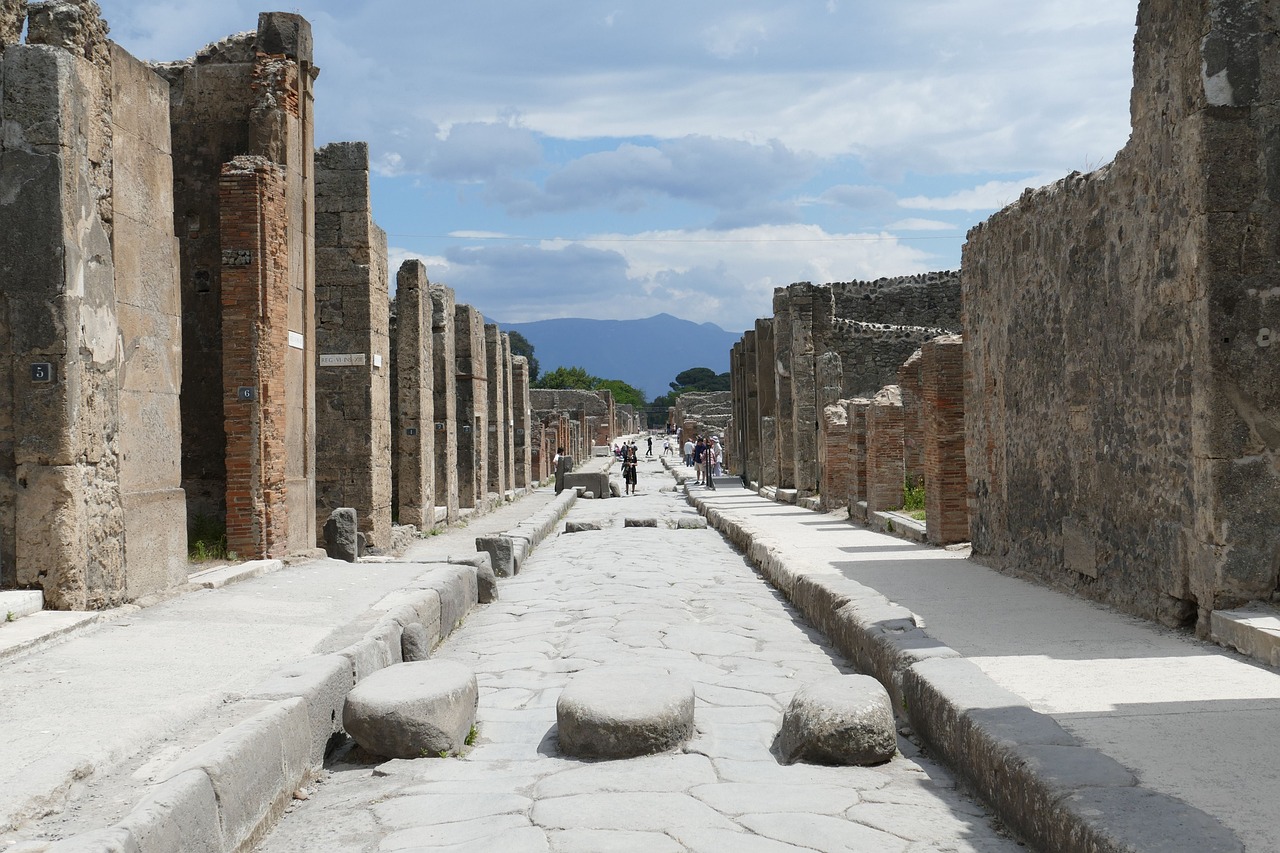
Community Engagement in Archaeology
Community engagement plays a pivotal role in archaeology, fostering meaningful connections between researchers and local inhabitants. By involving communities in archaeological projects, a deeper understanding of cultural heritage is cultivated, enriching the preservation efforts. Collaboration with local stakeholders ensures that archaeological work respects the traditions, beliefs, and values of the community, creating a sense of ownership and pride in the shared heritage.
Through community engagement, archaeologists can benefit from the invaluable knowledge and perspectives of the local residents, enhancing the research process and promoting inclusivity. This mutual exchange of information and experiences fosters a sense of respect and cooperation, leading to more ethical and sustainable archaeological practices. By actively involving communities, archaeologists can bridge the gap between academia and the public, making archaeology more accessible and relevant to society.
Furthermore, community engagement in archaeology can have long-lasting positive impacts on the preservation of cultural heritage. By raising awareness and promoting cultural appreciation among local residents, a sense of stewardship is instilled, encouraging the protection and conservation of archaeological sites and artifacts. Empowering communities to take an active role in heritage preservation not only safeguards the past for future generations but also fosters a sense of cultural pride and identity.
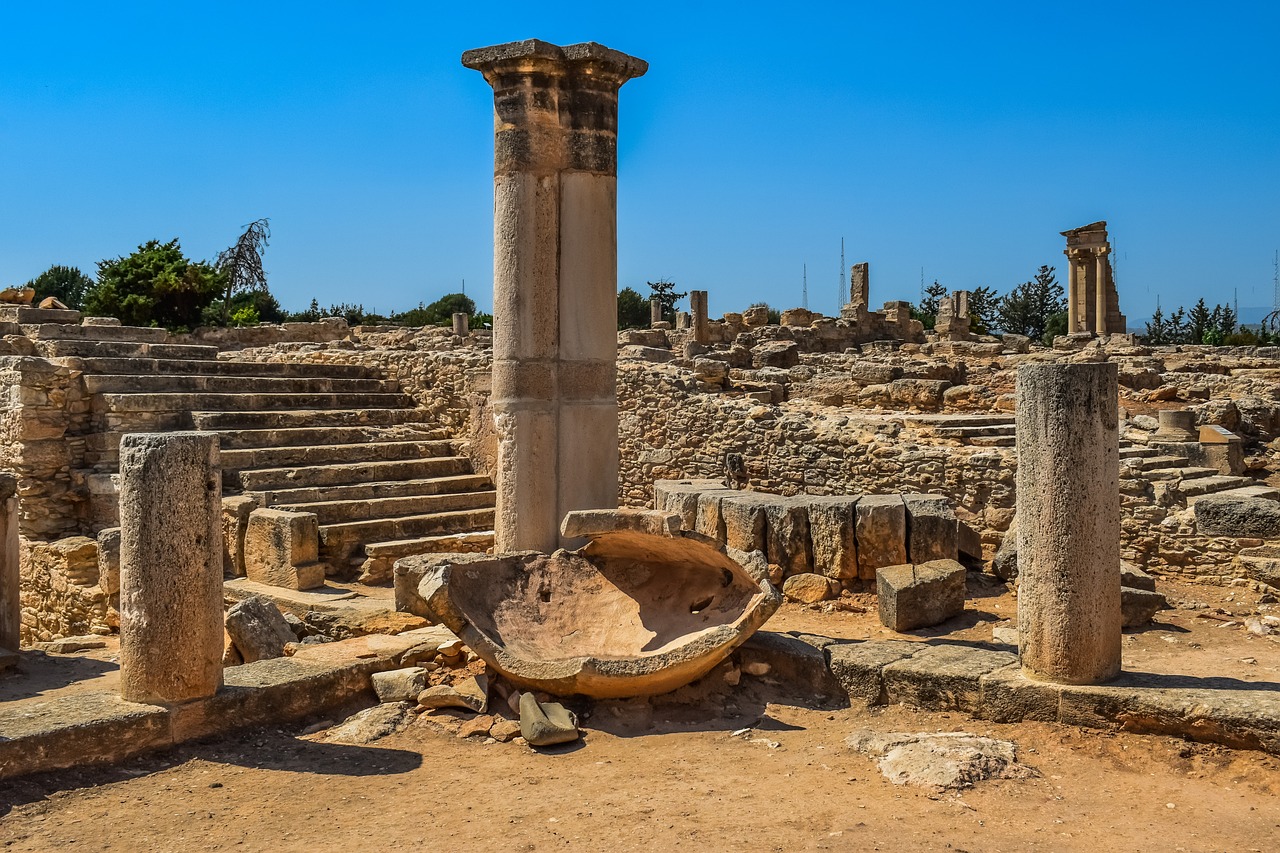
Repatriation and Indigenous Rights
When it comes to the topic of in archaeology, a crucial ethical consideration arises regarding the return of cultural objects to their places of origin. This process involves acknowledging and respecting the rights of indigenous communities whose heritage is intertwined with these artifacts. Repatriation goes beyond the physical act of returning objects; it symbolizes a recognition of the historical injustices faced by indigenous peoples and the importance of restoring their cultural identity.
Indigenous rights play a central role in the repatriation process, emphasizing the need for consultation and collaboration with local communities. By involving indigenous groups in decision-making and repatriation efforts, archaeologists can ensure that the return of cultural objects is done in a manner that respects the spiritual, cultural, and historical significance of these artifacts to the indigenous communities.
Furthermore, repatriation initiatives often require a legal framework that upholds indigenous rights and addresses historical injustices. International conventions and agreements have been established to guide the repatriation process and protect the rights of indigenous peoples. These legal mechanisms aim to prevent the exploitation of indigenous cultural heritage and promote a more ethical approach to archaeological practices.

Archaeological Looting and Illicit Trade
Archaeological looting and illicit trade are significant threats to the preservation of cultural heritage worldwide. The unauthorized excavation and removal of artifacts from archaeological sites not only result in the loss of valuable historical information but also contribute to the destruction of cultural contexts. These illicit practices often feed into a global market for stolen artifacts, where items are bought and sold without regard for their cultural significance or legal ownership.
One of the major ethical implications of archaeological looting is the disruption of archaeological sites, leading to irreversible damage and loss of valuable data. When artifacts are removed without proper documentation and context, their historical significance is diminished, and the opportunity for comprehensive research is lost. Additionally, the illegal trade of cultural objects perpetuates a cycle of exploitation, where vulnerable sites are targeted for profit, further endangering the integrity of cultural heritage.
Efforts to combat archaeological looting and illicit trade involve a combination of legal measures, awareness campaigns, and international cooperation. Countries around the world are enacting legislation to protect their cultural heritage and prevent the illegal trafficking of archaeological artifacts. Interpol and other law enforcement agencies work to identify and recover stolen cultural objects, returning them to their places of origin.
Public awareness and education also play a crucial role in addressing the issue of archaeological looting. By raising awareness about the ethical implications of buying and selling stolen artifacts, individuals can make informed choices and contribute to the protection of cultural heritage. Museums and cultural institutions have a responsibility to ensure that the artifacts in their collections have been acquired through legal and ethical means, promoting transparency and accountability in the art market.
Ultimately, the fight against archaeological looting and illicit trade requires a concerted effort from governments, law enforcement agencies, archaeologists, and the general public. By upholding ethical standards and respecting the cultural heritage of all communities, we can work together to preserve our shared past for future generations.

Education and Outreach in Archaeology
Education and Outreach in Archaeology play a crucial role in raising awareness and fostering a deeper appreciation for cultural heritage. Archaeologists have a responsibility to not only conduct research but also to educate the public about the significance of archaeological sites and artifacts. Through outreach programs, workshops, and educational initiatives, archaeologists can engage with schools, communities, and the general public to share knowledge and promote conservation efforts.
One effective method of education and outreach is through interactive workshops and field trips that allow participants to experience archaeology firsthand. By actively involving individuals in excavation activities or artifact analysis, a deeper connection to the past is established, leading to a greater understanding of the importance of preserving cultural heritage.
Furthermore, the use of digital technologies, such as virtual tours and online resources, has expanded the reach of archaeological education. Through interactive websites and virtual exhibits, people from around the world can engage with archaeological discoveries and learn about different cultures and historical periods.
Collaboration with museums, cultural institutions, and heritage organizations is also key in promoting education and outreach in archaeology. By partnering with these entities, archaeologists can create exhibitions, workshops, and educational materials that cater to diverse audiences and promote a shared appreciation for cultural heritage.
Overall, education and outreach in archaeology serve as powerful tools in preserving the past for future generations. By engaging with the public, raising awareness about ethical practices, and promoting the value of cultural heritage, archaeologists can ensure that our shared history is protected and celebrated for years to come.
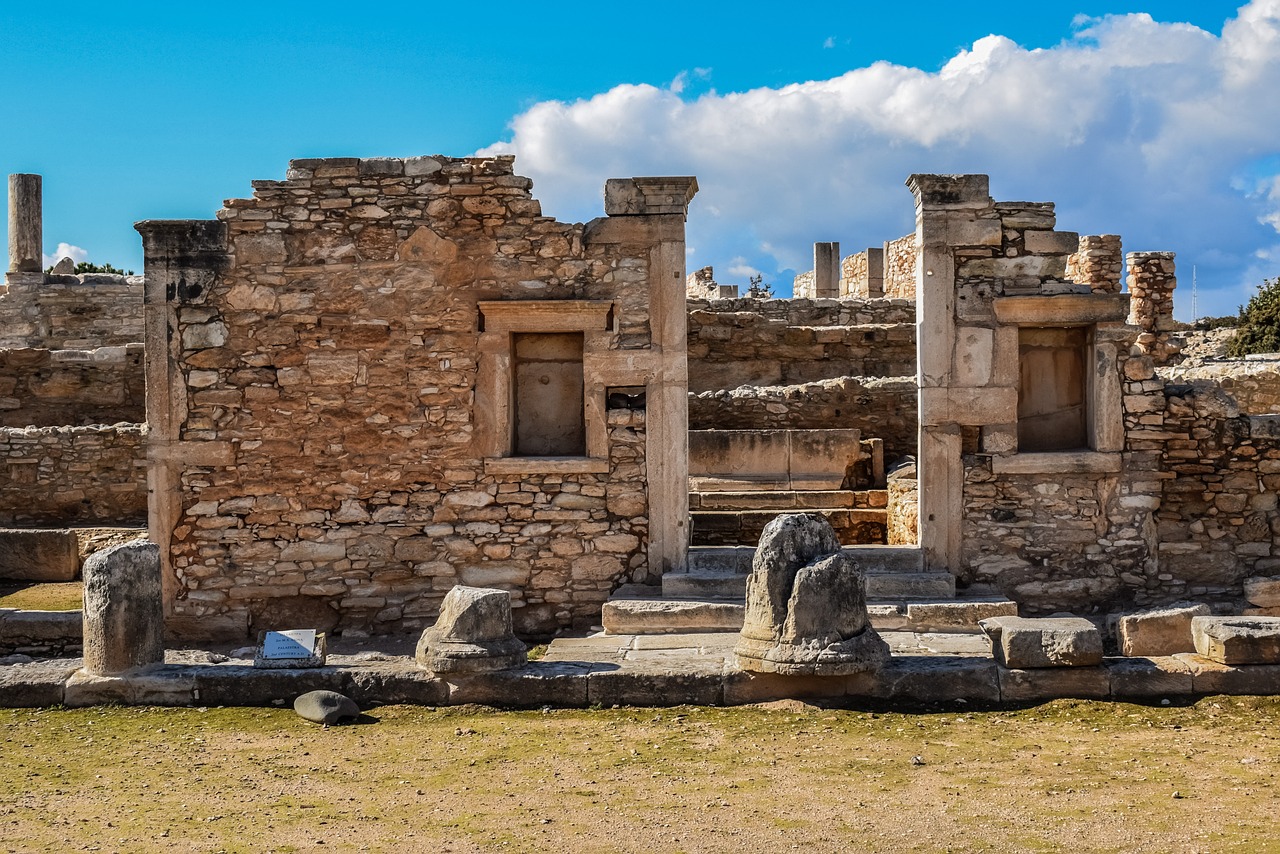
Legal Frameworks and International Conventions
Legal frameworks and international conventions play a crucial role in shaping the ethical landscape of archaeology. These regulations provide a framework for guiding archaeological practices and ensuring the responsible preservation of cultural heritage. One of the key international conventions in this field is the UNESCO Convention on the Means of Prohibiting and Preventing the Illicit Import, Export and Transfer of Ownership of Cultural Property. This convention aims to combat the illicit trade of cultural artifacts and promote cooperation among nations to safeguard cultural heritage.
Additionally, national laws and regulations also play a significant role in governing archaeological activities. Countries around the world have established legal frameworks to protect archaeological sites and artifacts within their borders. These laws often outline the procedures for excavation, documentation, and conservation of cultural heritage, as well as the penalties for illegal activities such as looting and trafficking of antiquities.
Moreover, ethical guidelines set forth by organizations like the Society for American Archaeology and the World Archaeological Congress help archaeologists navigate complex ethical issues in their work. These guidelines emphasize the importance of engaging with local communities, respecting indigenous rights, and promoting transparency in archaeological practices.
In the realm of international cooperation, conventions such as the Hague Convention for the Protection of Cultural Property in the Event of Armed Conflict aim to safeguard cultural heritage during times of conflict. These agreements underscore the global importance of preserving cultural heritage as a shared human legacy that transcends national boundaries.
By adhering to legal frameworks and international conventions, archaeologists can uphold ethical standards in their work and contribute to the sustainable preservation of cultural heritage for future generations.
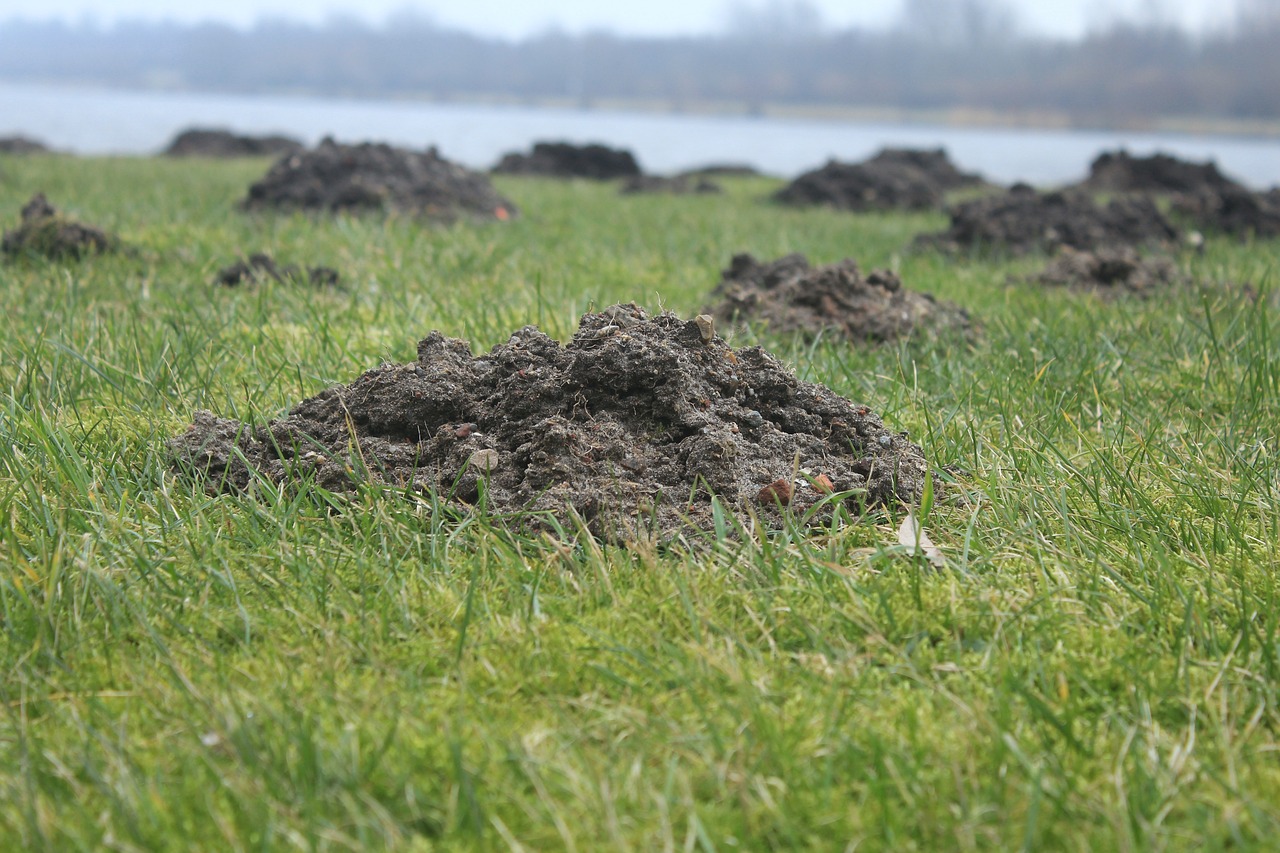
Challenges and Controversies in Archaeological Ethics
Challenges and controversies in archaeological ethics present complex dilemmas that require careful consideration and ethical decision-making. One significant challenge is the balancing act between excavation for research purposes and the preservation of sites for future generations. Archaeologists often face the dilemma of how much excavation is necessary to gather valuable information without compromising the integrity of the site. This balance is crucial to ensure that cultural heritage is respected and preserved while advancing knowledge in the field.
Another controversy in archaeological ethics revolves around the ownership and repatriation of cultural artifacts. The issue of who has the right to possess and display ancient objects is a contentious topic, especially when considering indigenous communities and their claims to heritage items. Repatriation efforts aim to address historical injustices and restore cultural objects to their rightful owners, but these processes can be complicated and raise questions about ownership rights and cultural heritage preservation.
Furthermore, the ethical implications of commercialization and exploitation in archaeology pose significant challenges. The illicit trade of artifacts, fueled by demand in the market, leads to the looting of archaeological sites and the loss of valuable historical context. Archaeologists must navigate the ethical dilemmas of preventing looting, combating illicit trade, and ensuring that artifacts are not exploited for profit at the expense of cultural heritage preservation.
Additionally, the involvement of local communities in archaeological projects raises ethical considerations regarding collaboration, consultation, and shared decision-making. Engaging with communities in a respectful and inclusive manner is essential for promoting ethical practices in archaeology. Building trust, fostering mutual respect, and acknowledging diverse perspectives are key aspects of community engagement that can lead to more ethical and sustainable preservation efforts.
In conclusion, addressing the challenges and controversies in archaeological ethics requires a nuanced understanding of the ethical principles that govern the field. By navigating issues related to excavation practices, ownership rights, commercialization, and community engagement with sensitivity and integrity, archaeologists can uphold ethical standards and contribute to the responsible preservation of cultural heritage for future generations.
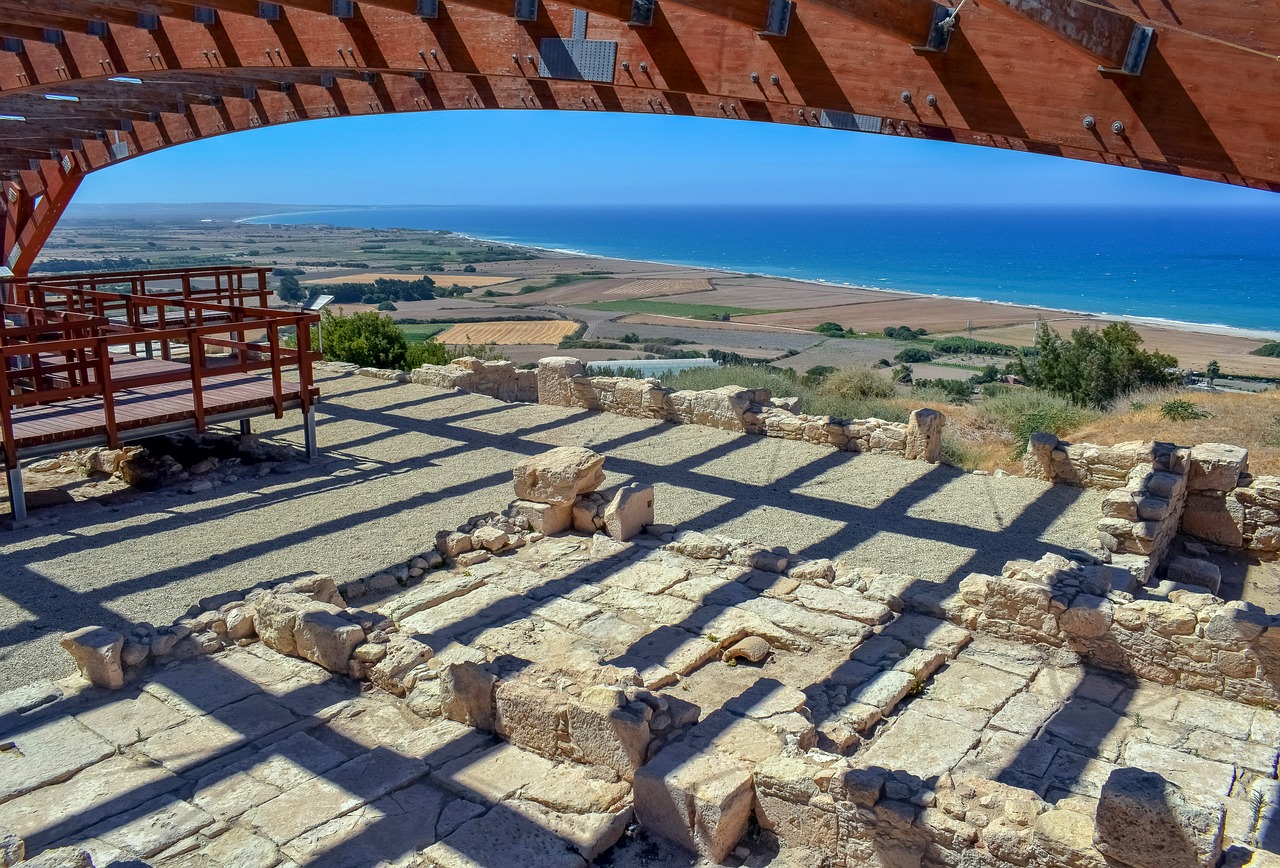
Future Directions in Archaeological Ethics
As we navigate the ever-evolving landscape of archaeological ethics, it becomes imperative to look towards the future with a proactive mindset. The future directions in archaeological ethics are poised to shape the way we approach preservation and cultural heritage conservation in the coming years. One of the key aspects that will likely gain more prominence is the integration of advanced technologies in archaeological practices. From 3D scanning and virtual reconstructions to remote sensing techniques, technology is set to revolutionize how we study and preserve archaeological sites and artifacts.
Furthermore, there is a growing emphasis on inclusivity and diversity in archaeological research. Future directions in archaeological ethics will likely prioritize the involvement of underrepresented communities in decision-making processes regarding heritage preservation. This shift towards a more inclusive approach aims to foster a deeper sense of ownership and connection to cultural heritage among diverse populations.
Additionally, the concept of sustainability is expected to play a significant role in shaping future archaeological ethics. As the threats of climate change and environmental degradation loom large, archaeologists are increasingly recognizing the importance of sustainable practices in their fieldwork. This involves not only minimizing the environmental impact of archaeological activities but also ensuring the long-term viability of conservation efforts.
Moreover, the digital age presents both opportunities and challenges for archaeological ethics. The proliferation of online platforms and digital repositories has made archaeological data more accessible than ever before. However, this accessibility also raises concerns about data privacy, intellectual property rights, and the potential for exploitation. Future directions in archaeological ethics will need to address these digital dilemmas while harnessing the benefits of digital technologies for research and outreach.
In conclusion, the future directions in archaeological ethics hold the promise of innovation, inclusivity, sustainability, and digital advancement. By staying attuned to these emerging trends and embracing ethical practices, archaeologists can navigate the complexities of heritage preservation with integrity and foresight.
Frequently Asked Questions
- What are archaeological ethics?
Archaeological ethics are a set of principles and guidelines that govern the conduct of archaeologists in their research, excavation, and preservation of cultural heritage. These ethical standards emphasize the importance of integrity, respect for cultural diversity, and responsible stewardship of archaeological sites and artifacts.
- Why is the preservation of cultural heritage important?
The preservation of cultural heritage is crucial for maintaining a connection to our past, understanding different civilizations, and ensuring that future generations can learn from and appreciate the richness of human history. By safeguarding archaeological sites and artifacts, we protect valuable insights into our collective heritage.
- How can local communities engage in archaeology?
Local communities can engage in archaeology by participating in collaborative projects, providing input on research initiatives, and sharing their knowledge of the area's cultural significance. By involving communities, archaeologists can promote mutual respect, cultural exchange, and a more inclusive approach to heritage preservation.
- What is the significance of repatriation and indigenous rights in archaeology?
Repatriation and indigenous rights in archaeology highlight the importance of acknowledging and respecting the cultural heritage of indigenous communities. Returning cultural objects to their places of origin and involving indigenous perspectives in research and conservation efforts are essential steps towards rectifying historical injustices and promoting cultural diversity.
- How can archaeologists address challenges related to archaeological looting and illicit trade?
Archaeologists can combat archaeological looting and illicit trade by raising awareness about the detrimental effects of these practices, collaborating with law enforcement agencies to prevent trafficking of artifacts, and advocating for stricter regulations to protect archaeological sites. By promoting ethical conduct and condemning illegal activities, archaeologists contribute to the preservation of cultural heritage.

















